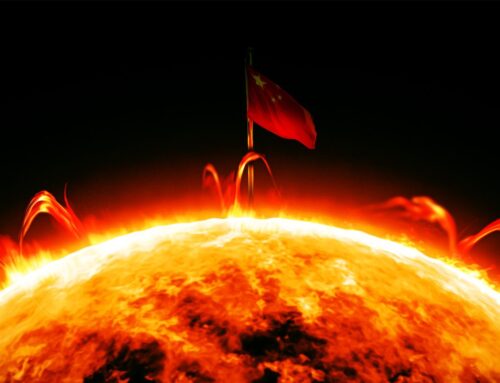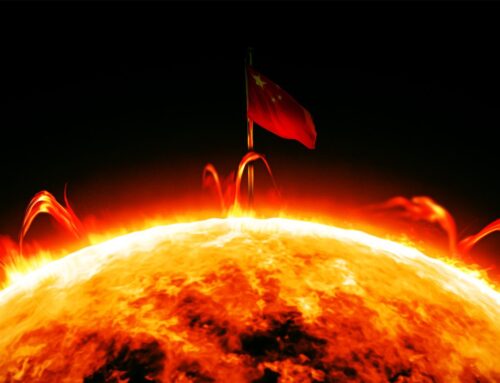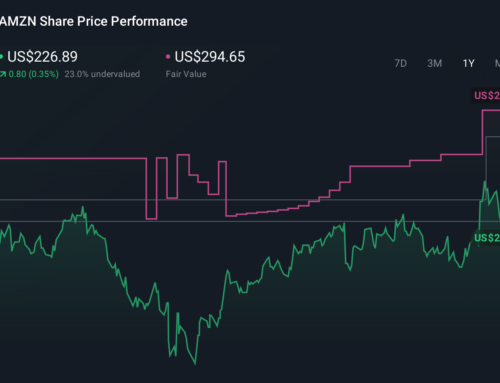Here’s what will get more expensive at Walmart because of tariffs
May 17, 2025
CNN
—
Time is running out for Walmart shoppers to avoid higher prices.
The retail giant on Thursday warned that its products will become more expensive due to President Donald Trump’s tariffs being “too high.”
“We will do our best to keep our prices as low as possible. But given the magnitude of the tariffs, even at the reduced levels announced this week, we aren’t able to absorb all the pressure given the reality of narrow retail margins,” Walmart CEO Douglas McMillon said in an earnings call.
The changes will likely take effect by the end of May,and prices will increase “much more” in June, Walmart’s finance chief, John David Rainey, told CNBC.
Walmart, which has over 4,600 stores in the United States, getsmerchandise from Canada, China, India, Mexico and Vietnam, among other nations. Those countries face at least 10% in tariffs, and imports of steel, aluminum, cars and auto parts face 25% tariffs.
“All of the tariffs create cost pressure for us, but the larger tariffs on China have the biggest impact,” McMillon said.
Trump increased tariffs on most Chinese goods to a whopping 145%,but that rate dropped to 30% on Monday as part of a 90-day truce with China. But Trump said the tariffs could become “substantially higher” if a trade agreement with China is not reached.
Other countries are negotiating with the US amid a 90-day pause on reciprocal tariffs. Baseline tariffs will not go lower than 10% during negotiations, Commerce Secretary Howard Lutnick told CNN on Sunday.
Economists have told CNN that the tariffs will burden lower- and middle-income Americans, who have historically been Walmart’s primary customer base. And consumers often go to the retail giant for non-negotiable purchases, such as groceries.
Trump’s trade war has sunk consumer sentiment in recent months. The University of Michigan reported that consumer sentiment fell 2.7% between April and May — a near-record low, in part due to Americans fearing a recession.
“Food inflation is very much on our mind,” McMillon said.
Bananas, avocados and coffee are among some of the groceries that McMillon said come from Colombia, Costa Rica and Peru. America also imports beets, cabbage, melons, and pineapples from Costa Rica. Sweet potatoes and citrus are imported from Peru.
Walmart did not say how much prices could increase on fruits and vegetables.
“We’ll do our best to control what we can control in order to keep food prices as low as possible,” McMillon said, suggesting that “controlling the amount of fresh food waste” could help.
Between February and April, the average price of bananas per pound has increased by about 2 cents at US retailers, according to the Bureau of Labor Statistics.
Ryan Monarch, assistant professor of economics at Syracuse University, told CNN that seasonal and holiday shopping purchases can’t be delayed for two to three months to wait on the trade war to play out.
Walmart is currently focused on back-to-school shopping, according to McMillon. He explained that tariffs are paid as soon as a product enters the country through customs, meaningthe higher tariffs are already affecting shipments.
“So I think what we’re looking at is upward pressure that began in April and plays through the entire year on things that are imported,” McMillon said.
Estimating tariff costs and order quantities could “get more challenging” further down the line when making “decisions related to things like Halloween and Christmas,” he said.
“China, in particular, represents a lot of volume in certain categories like electronics and toys,” McMillon said.
Roughly 80% of toys sold in the United States are made in China, according to the Toy Association, an industry group.
Toy companies, like Hasbro, the owner of Nerf and Play-doh, said some items will be cut from its portfolio, and Barbie creator Mattel has issued warnings about potential price hikes due to tariffs.
“Well, maybe the children will have two dolls instead of 30 dolls, you know? And maybe the two dolls will cost a couple of bucks more than they would normally,” Trump said earlier this month, acknowledging the potential impact tariffs will have on toys.
There has already been a jump in the price of toys. Product pricing analysis from research firmTelsey Advisory Groups showed that the price of a Barbie doll with a swimsuit sold at Walmart’s competitor Target rose 42.9% over a week in mid-April to $14.99.
Gaming products should alsosee big price hikes. Initially priced at $450, Nintendo’s Switch 2 could instead cost around $600, according to experts.
Even an Apple iPhone 17 could cost more than $1,000 instead of $799, according to Daniel Morgan, senior portfolio manager at investment firm Synovus.
Childcare products, such as strollers, clothes, car seats and formula, could also see a price hike. Industry experts estimate that about 90% of children’s and baby gear products are manufactured exclusively in China, and that won’t change anytime soon.
“Customers need those things. Even if they were to raise prices on those products, customers are still going to buy them,” Syracuse University’s Monarch said. “So you might expect products like that to see prices increasing pretty quickly.”
In 2024, China sent more than $438 billion worth of goods into American homes. Nearly 19% of that total was machinery and mechanical appliances, according to data from the US International Trade Commission. Meanwhile, 4% of last year’s imports from China were bedding, furniture and lighting.
Rainey, Walmart’s CFO, said general merchandise sales in the United States declined slightly during the first quarter, “with softness in electronics, home products and sporting goods.”Because home goods are not considered necessities like groceries and baby gear, consumers are more likely to hold off on buying them.
“Consumers are very worried, and what they’re doing is they’re delaying their purchases of durable goods — things like cars, things like appliances,” said Monarch.
Monarch added that Walmart was among companies to increase imports before tariffs took effect, allowing them to stock up on products that won’t perish.
CNN’s Nathaniel Meyersohn, Ramishah Maruf, Samantha Delouya and Elisabeth Buchwald contributed to this report.
Search
RECENT PRESS RELEASES
Related Post



